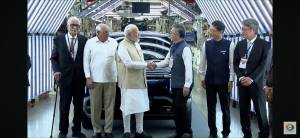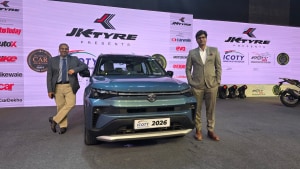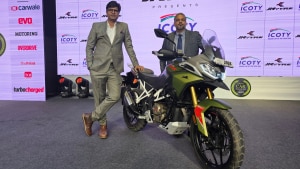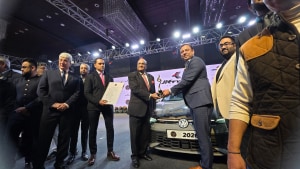Suzukis EV Strategy: Betting Big on India Amid Global Slowdown
 Picture credits: Bloomberg
Picture credits: Bloomberg
In a conversation with the media, Suzuki Motor Corporation's President, Representative Director & Chairman, Toshihiro Suzuki, outlined the company's evolving roadmap for Maruti Suzuki. Despite the recent loss of his father and long-time Suzuki patriarch, Osamu Suzuki, the company's leader remains resolute in his vision for the brand's future - one that places India at the heart of Suzuki's global electric vehicle (EV) strategy.
India as Suzuki's Global EV Hub
Suzuki Motor Corporation has set an ambitious goal: making India its central hub for EV production, with exports to key markets such as Japan and Europe. This strategic pivot leverages Maruti Suzuki's dominance in the Indian automotive sector, where it enjoys an unparalleled market share.
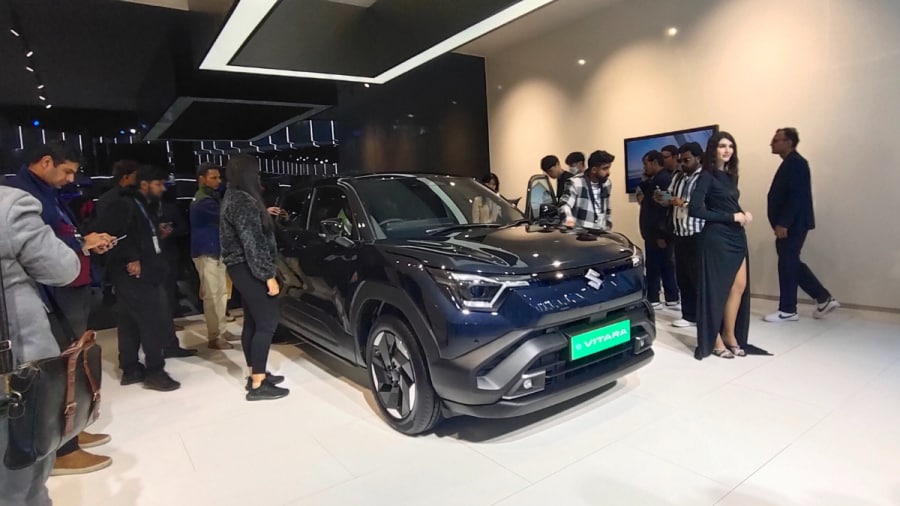
The company's first mass-market EV, the e-Vitara mid-size SUV, was unveiled at the Bharat Mobility Show last month and is slated for an India launch later this year. It will also form the basis for Toyota's Urban BEV, which was showcased alongside its Suzuki counterpart. Toyota's involvement underscores the growing synergy between the two Japanese giants, with shared platforms and technologies driving cost efficiencies in the electrification space.
A Calculated Bet Amidst EV Market Uncertainty
Suzuki's EV push comes at a time when global EV sales have shown signs of slowing, particularly in mature markets like Europe and China. While rivals adopt a cautious stance, Toshihiro Suzuki remains optimistic about India's potential, citing the government's strong push for electrification and the country's evolving consumer mindset.
However, challenges persist - chief among them being charging infrastructure and vehicle range. To address these concerns, Maruti Suzuki is expanding its service network to include charging stations, ensuring a seamless ownership experience for EV buyers - NEXA or otherwise. Additionally, Suzuki is not rushing into small EVs, choosing instead to refine its battery technology and production processes before venturing into the segment.
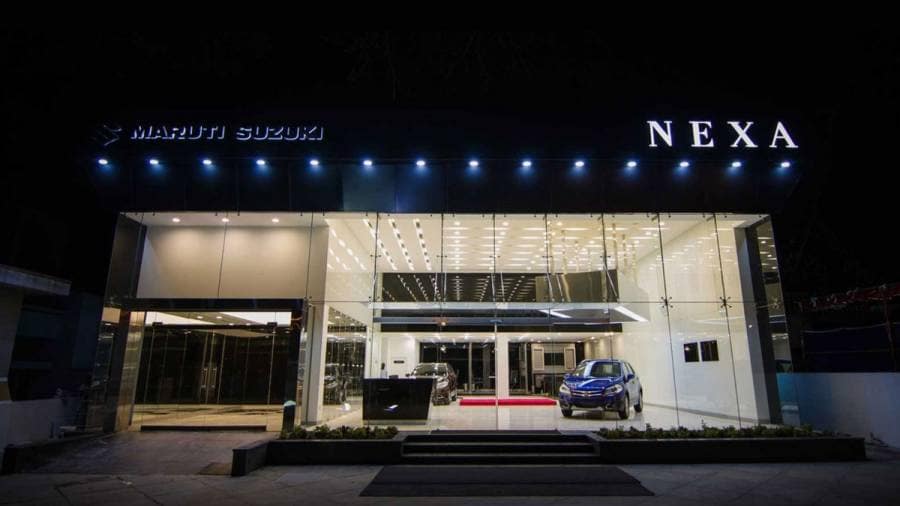
Beyond EVs: Alternative Green Technologies
Interestingly, while EVs dominate the global conversation, Suzuki is diversifying its green portfolio beyond pure battery-electric vehicles. The company is investing heavily in hybrids and hydrogen-powered solutions, ensuring it remains flexible in an industry that is still experimenting with multiple pathways to decarbonization.
Suzuki's low-cost hybrid systems aim to enhance fuel efficiency in compact cars - Maruti's stronghold - allowing the brand to continue catering to price-sensitive markets. The company is also researching hydrogen fuel cells, though its roadmap in this space remains under wraps.
Suzuki's Small Car DNA: Can It Evolve?
Despite the e-Vitara's launch, Toshihiro Suzuki remains committed to Suzuki's identity as a small car specialist. He believes compact vehicles are ideal candidates for electrification, given their lightweight construction and urban focus. The challenge, however, lies in achieving cost parity with petrol-powered models, a hurdle Suzuki aims to overcome before launching its first small EV. Leisure vehicles like the Jimny and fun-to-drive cars like the Swift (Sport) wont't be ignored either.

With a multi-pronged approach spanning EVs, hybrids, and hydrogen, Suzuki's strategy reflects a pragmatic yet ambitious shift towards sustainability. If successful, this roadmap could not only future-proof Maruti Suzuki in India but also cement the country's status as a global production base for electrified mobility.

